Which Sensors Work w/ Qolsys Systems?
The sensors that work with Qolsys Systems are 319.5 MHz wireless sensors. The 319.5 MHz frequency is used by all Qolsys Sensors, as well as sensors manufactured by Interlogix, Ecolink and GE. In most cases, as long as the sensor operates at 319.5 MHz, it will work with a Qolsys System.
Qolsys designed their alarm systems to interface with their own in-house lineup of Qolsys Security Sensors. These wireless sensors operate at a frequency of 319.5 MHz. The Qolsys sensor lineup includes unencrypted sensors, as well as the fully encrypted S-Line of sensors. The S-Line sensors are protected by rolling code encryption. Once the sensor pairs with the panel, a special encrypted code is established. The sensor will need to present this code to the system whenever a command is sent. The command will only go through if this secured code is provided. This prevents the sensor from being taken over or spoofed by hackers.
However, there are other security manufacturers that also produce wireless sensors that operate at a frequency of 319.5 MHz. Some of these companies include Interlogix, Ecolink and GE. In most cases, their sensors will also work with Qolsys Panels. However, they may not offer the same level of wireless protection against hackers as the Qolsys S-Line sensors. For a more complete list of sensors that are compatible with Qolsys Systems, we strongly recommend checking out this list.
Additionally, Qolsys Panels can also interface with hardwired sensors through the use of a compatible wired to wireless converter, like the Qolsys Hardwire 16-S. This type of device allows wired sensors to communicate with a Qolsys System wirelessly at a frequency of 319.5 MHz. The hardwired devices will all connect directly to the converter. The converter will then transmit a signal to the system and communicate on the behalf of the wired sensors. The sensors will then need to be assigned to wireless zones on the system.
Did you find this answer useful?
We offer alarm monitoring as low as $10 / month
Click Here to Learn MoreRelated Products
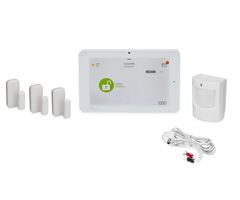
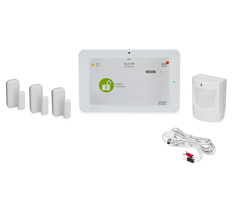
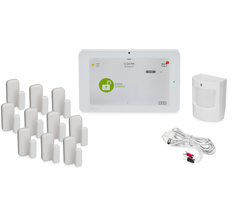
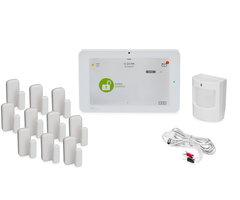
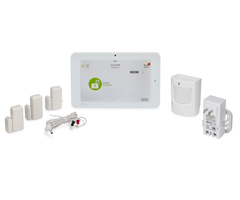
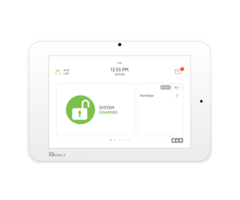
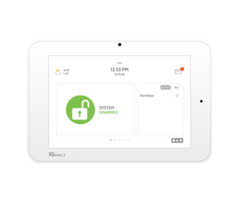

Related Categories
- Answered
